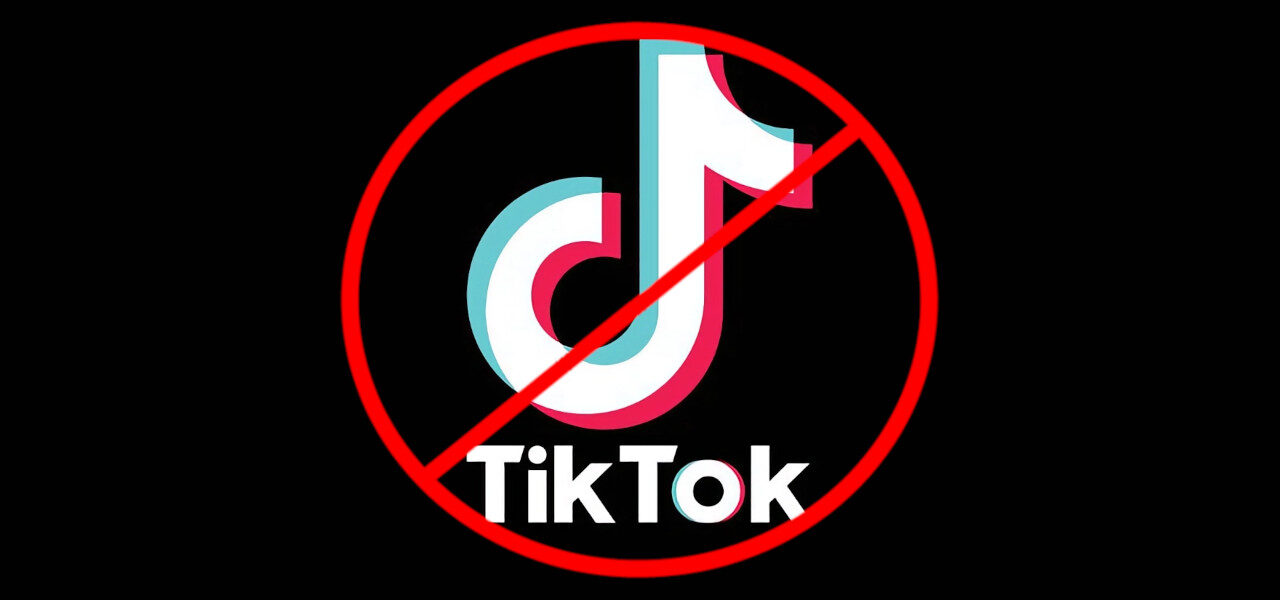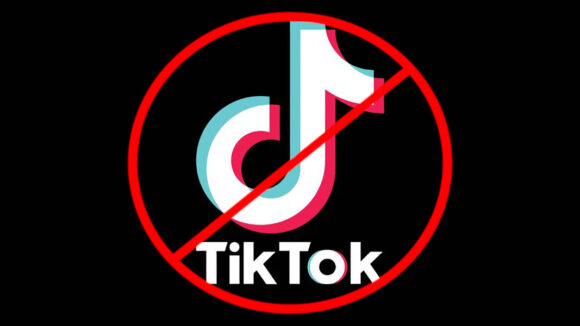

U.S. Lawmakers Propose Bill To Ban “Chinese Communist Party-Puppet Company” Tiktok
A bipartisan group of U.S. lawmakers, led by Republican senator Marco Rubio, has submitted a bill to congress which would ban Bytedance-owned Tiktok and other apps in the United States.
What would the bill do? Titled ominously as the “Averting the National Threat of Internet Surveillance, Oppressive Censorship and Influence, and Algorithmic Learning by the Chinese Communist Party Act,” or the ANTI-SOCIAL CCP Act for those who prefer brevity, the bill (PDF here) would prohibit all transactions from any social media company located in, or under the influence of, China (including Hong Kong), Russia, Iran, North Korea, Cuba, and Venezuela.
Who submitted the Bill? A bipartisan group of senators led by Florida’s Marco Rubio (R) proposed the legislation in the Senate, while Wisconsin representative Mike Gallagher (R) and Illinois rep Raja Krishnamoorthi (D) submitted companion legislation in the House. The group asked president Biden to use his authority granted by the International Emergency Economic Powers Act to block and prohibit all transactions in the U.S. of any social media company that is based in any country deemed hostile to American interests.
What does this mean for creators? This is significant to the world of animation, as many animators have migrated to Tiktok as the platform of choice for disseminating their work. The social media platform has proved a launchpad for numerous artists, with some of the most popular animators, like Nutshell and King Science, leveraging their channels into management deals.
And for studios? Tiktok is increasingly a clear area of focus for marketing agencies looking to promote animated films and series. Over the summer, Illumination’s Minions: The Rise of Gru was the beneficiary of the Tiktok meme #GentleMinions, which had groups of teens dressing up in their Sunday best to attend screenings of the latest Despicable Me spinoff. Social Media analytics company Relishmix explained the role that social media platforms like Tiktok played in Rise of Gru’s success at the box office:
Top engagement comes from 219.8 million views on Youtube and a robust new Tiktok channel for the movie itself, with 175.6 million views… Nothing but positive chatter on social for Rise of Gru with fans plopping in playful sound effects, zingers, emojis, and excitement for the film’s opening, as they give out pre-ratings for Minions at 10 of 10.
What are lawmakers saying? In a statement accompanying the bill senator Rubio explained:
This isn’t about creative videos — this is about an app that is collecting data on tens of millions of American children and adults every day. We know it’s used to manipulate feeds and influence elections. We know it answers to the People’s Republic of China. There is no more time to waste on meaningless negotiations with a CCP-puppet company. It is time to ban Beijing-controlled TikTok for good.
Has Tiktok responded? Tiktok, through its global head of communications Hilary McQuaide, released the following statement:
It’s troubling that rather than encouraging the [Biden] administration to conclude its national security review of Tiktok, some members of Congress have decided to push for a politically motivated ban that will do nothing to advance the national security of the United States. [Tiktok] is loved by millions of Americans who use the platform to learn, grow their businesses and connect with creative content that brings them joy. We will continue to brief members of Congress on the plans that have been developed under the oversight of our country’s top national security agencies — plans that we are well underway in implementing — to further secure our platform in the United States.

.png)


